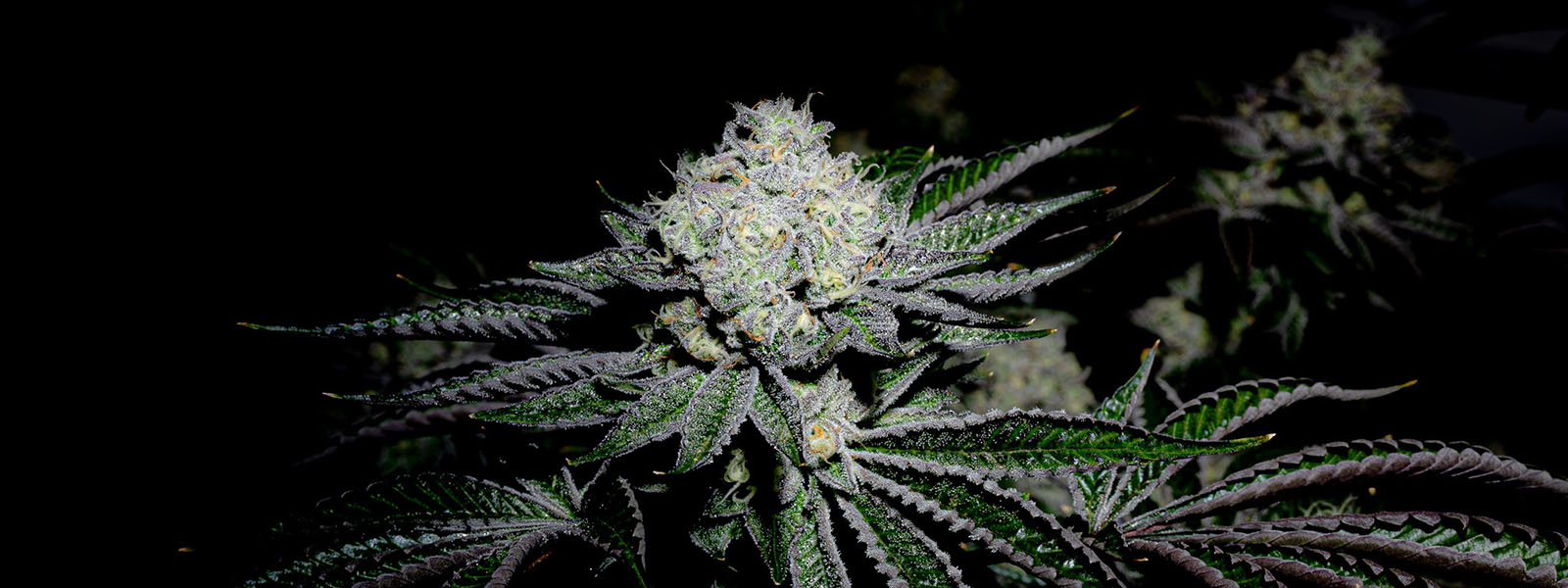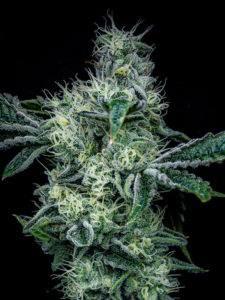 Cannabis vs marijuana is a common new point of discussion as legalization progresses across the country. A recent Pew Research Poll found that 67% of American adults now support some form of legal cannabis, whether that support is for medicinal or recreational purposes. With this evolving acceptance of cannabis, what do we do with the common slang references like weed, pot, and ganja now that the dispensary has formalized its nomenclature?
Cannabis vs marijuana is a common new point of discussion as legalization progresses across the country. A recent Pew Research Poll found that 67% of American adults now support some form of legal cannabis, whether that support is for medicinal or recreational purposes. With this evolving acceptance of cannabis, what do we do with the common slang references like weed, pot, and ganja now that the dispensary has formalized its nomenclature?
These days, the majority of people throughout the country have access to some type of cannabis and its valuable constituents. And, millions of people are making cannabis a part of their lives in some form, whether it’s quality cured flower from a dispensary or a bottle of CBD (cannabidiol) from a hemp-based company. Nevertheless, a lot of people find it confusing that there can be so many names for one plant: Marijuana, cannabis, bud, pot, reefer, weed, and the list goes on.
At Theory Wellness, we refrain from referring to cannabis as anything other than what it is: cannabis. Other terms and slang names come along with connotations, mostly unfair, and the roots of some of the other names for cannabis really don’t lend an air of respect that this plant actually deserves. Let’s take a closer look at the history of cannabis, why call it cannabis vs marijuana, and more.
Where did the term marijuana come from?
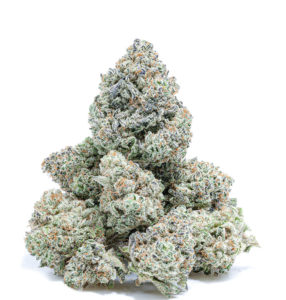 The term “marijuana” or “marihuana” originates from Mexican-Spanish etymology. What most people don’t know is this word is actually thought to be derived from the Nahuatl word “mallihuan,” which happens to mean “prisoner.” Some disagreements on the exact origins of the word do exist, however. But, what is for certain is that some of the earliest cannabis users in America were slaves that were brought here from Central Africa.
The term “marijuana” or “marihuana” originates from Mexican-Spanish etymology. What most people don’t know is this word is actually thought to be derived from the Nahuatl word “mallihuan,” which happens to mean “prisoner.” Some disagreements on the exact origins of the word do exist, however. But, what is for certain is that some of the earliest cannabis users in America were slaves that were brought here from Central Africa.
Some of the more saturated use of the term marijuana started in the 1930s, which is exactly when the United States began proposing restrictions on using the plant. The term sounded exotic like a plant from a far-off land, which fell more in line with the narrative they wanted to push. In other words, the U.S. wanted to stigmatize the plant, so they used a foreign-sounding label to help push that agenda.
The Legalization Movement Has Garnered Cannabis Far More Respect
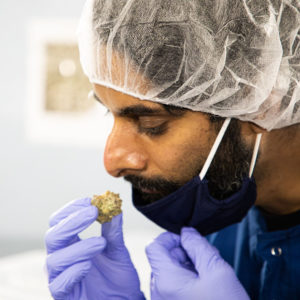 As of 2021, 18 states have legalized cannabis for adult use, and 37 have legalized medical cannabis. On top of these more accepting legalities surrounding cannabis, the federal government relaxed laws surrounding hemp in 2018, a low-tetrahydrocannabinol (THC) type of cannabis, nationwide.
As of 2021, 18 states have legalized cannabis for adult use, and 37 have legalized medical cannabis. On top of these more accepting legalities surrounding cannabis, the federal government relaxed laws surrounding hemp in 2018, a low-tetrahydrocannabinol (THC) type of cannabis, nationwide.
All of these relaxed restrictions have allowed cannabis to be pulled out of its shady past where it was often labeled as a questionable, dangerous plant and into the more deserving therapeutic spotlight. For many years, scientists and researchers who speculated about the true value of cannabinoids were met with insane challenges when it came to even being allowed to form a legitimate study. However, now with laws more relaxed, cannabis and its cannabinoids are continuously gaining traction in scientific and medical communities.
In truth, cannabis has been mislabeled, disregarded, and propagandized as something bad for decades. Now that we are finally getting to see just how many benefits the plant could offer for a litany of human ailments, and even government entities apparently agree, cannabis has gained far more respect.
How does using the true plant name legitimize the cannabis industry?
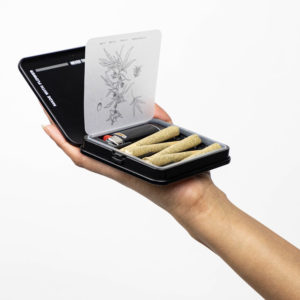 By refraining from referring to cannabis as marijuana, we get to break away from the often-derogatory history associated with both the name and the plant. While this derogatory reputation was unfounded, those same connotations tend to stick with certain names used for cannabis. When offering a legitimate, well-studied product to the public, calling the plant by name gives it a more upstanding, respectable reputation.
By refraining from referring to cannabis as marijuana, we get to break away from the often-derogatory history associated with both the name and the plant. While this derogatory reputation was unfounded, those same connotations tend to stick with certain names used for cannabis. When offering a legitimate, well-studied product to the public, calling the plant by name gives it a more upstanding, respectable reputation.
Instead of using a slang term that has been widely used to criticize cannabis, we use the actual name of the plant that is used by most medical researchers. Unfortunately, the U.S. still tries to differentiate cannabis and marijuana as two different things; marijuana is often used as a legal term in the explanation of laws and other technical processes instead of cannabis. But, some efforts have been taken to move in a different direction.
Final Thoughts: A Name Can Mean Everything
Cannabis may be known by a lot of names—weed, reefer, marijuana, pot, dope—but when you recognize where some of those names came from, it is easy to see why using some names is almost like an insult. Cannabis is a respectable plant with so much value to offer, so it deserves to have a name that reflects that true value and not an unfair history. At Theory Wellness, we believe in the therapeutic power of cannabis, so you will never hear us refer to it as anything else.

About Theory Wellness
Theory Wellness is a vertically integrated dispensary with a deep passion for cannabis and the role it plays in improving people’s lives. We focus on small-batch cultivation of premium genetics sourced from select breeders around the world. We use high-efficiency growing techniques that help the plant reach its full potential in bud structure, terpene profile, and bag appeal. In addition, our lab is filled with an eclectic group of passionate scientists. We produce our products using state-of-the-art manufacturing processes and are constantly exploring new methods to develop our products. Get the latest updates on our Instagram page at @theorywellness.
Please Consume Responsibly. This product may cause impairment and may be habit forming. There may be health risks associated with consumption of this product. This product has not been analyzed or approved by the Food and Drug Administration (FDA). There is limited information on the side effects of using this product, and there may be associated health risks. Marijuana use during pregnancy and breast-feeding may pose potential harms. It is against the law to drive or operate machinery when under the influence of this product. KEEP THIS PRODUCT AWAY FROM CHILDREN. There may be health risks associated with consumption of this product. Marijuana can impair concentration, coordination, and judgment. The impairment effects of Edible Marijuana Products may be delayed by two hours or more. In case of accidental ingestion, contact poison control hotline 1-800-222-1222 or 9-1-1. This product may be illegal outside of MA.




